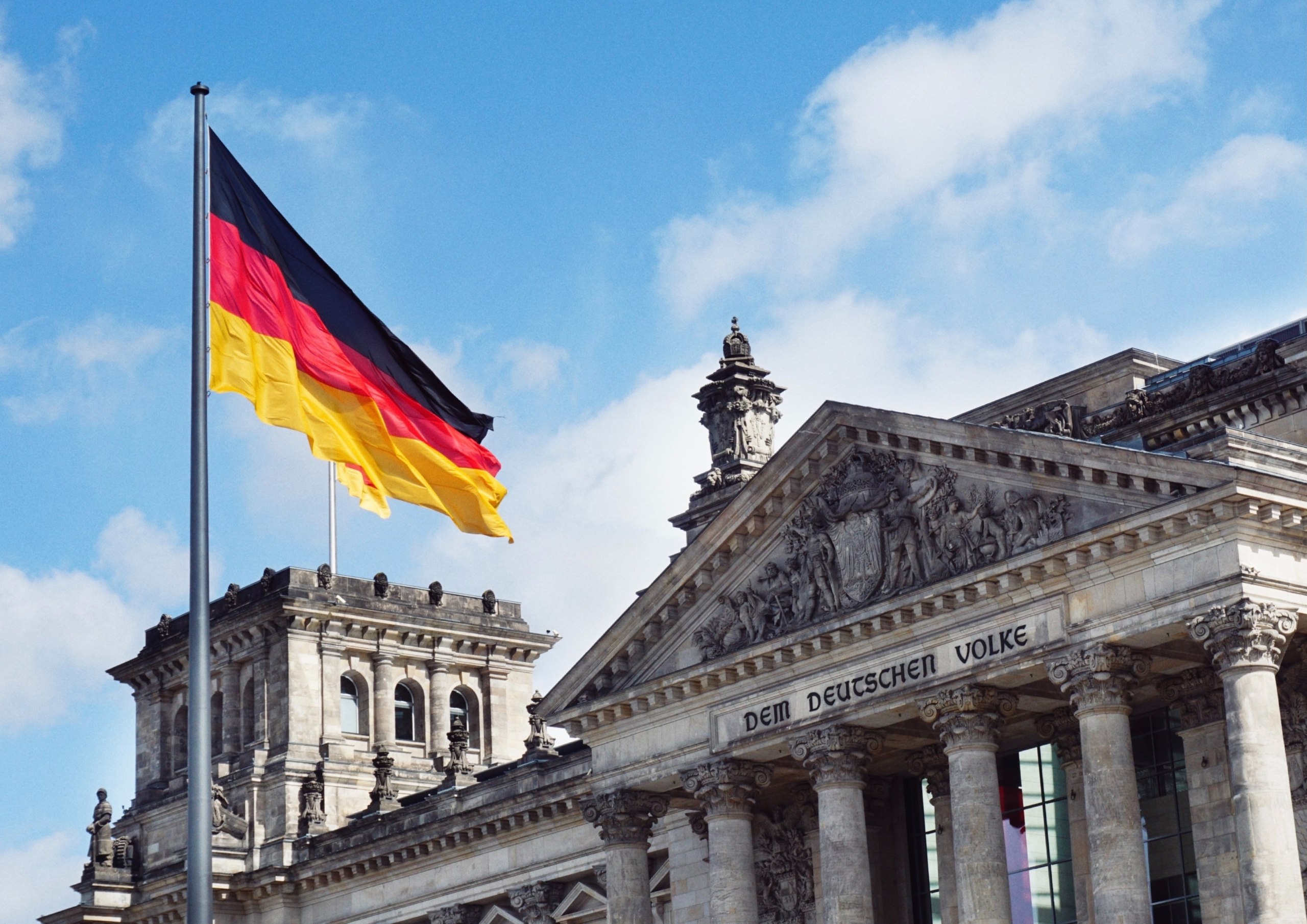Singapore Green Jet Fuel Levy on Travellers Ignites Funding Debate
Since May 2020, German business activity has decreased significantly

According to a preliminary poll released on Wednesday, German business activity decreased in August at the sharpest rate in more than three years.
The S&P Global-compiled HCOB German Flash Composite Purchasing Managers’ Index (PMI) dropped from 48.5 in July to 44.7, its lowest level since May 2020, defying analysts’ predictions for a reading of 48.3.
For the second consecutive month, the indicator was below the 50 threshold, indicating activity growth.
The manufacturing and service sectors, which together make up more than two-thirds of the German economy, are tracked by the composite PMI index. A new decline in services activity coincided with a worsening decline in industrial production.
Cyrus de la Rubia, chief economist at Hamburg Commercial Bank, declared that “any hope that the service sector might rescue the German economy has evaporated.” Instead, the manufacturing sector is about to enter a recession that appears to have started in the second quarter.
The services industry’s business activity fell for the first time in eight months. Having dropped from 52.3 to 47.3, the sector reading now stands at a nine-month low.
The poll revealed that although the manufacturing PMI increased to 39.1 in August from 38.8 in July, it nevertheless remained firmly in the contraction zone.
According to the study, businesses continued to be pessimistic about the future since the demand for goods and services was still being weighed down by high inflation, rising interest rates, and customer uncertainty.
Inflationary pressures increased as a result of the faster cost and price rises in the service sector.
De la Rubia observed that “services companies seem to feel surprisingly bold raising prices at an even faster rate.”

